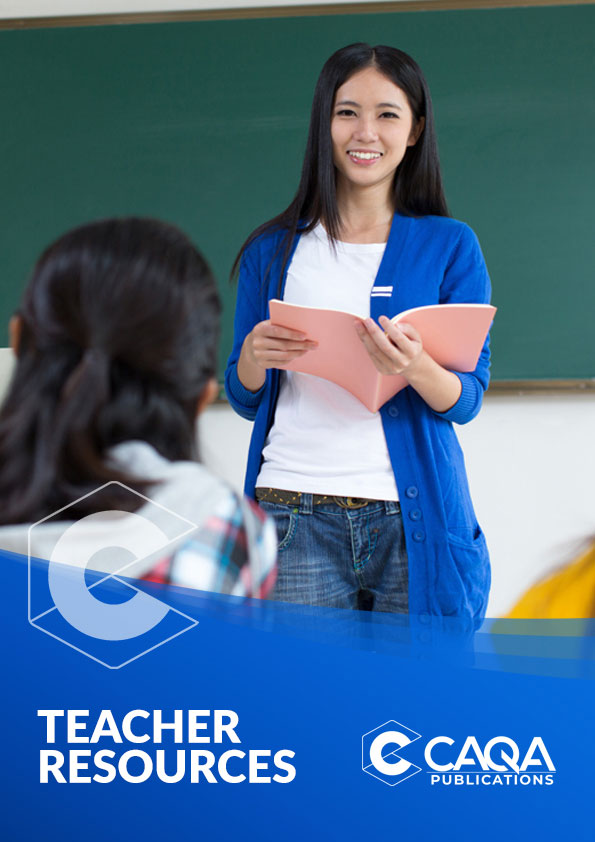VET Industry News 10-May-2018
Updates from the Australian Skills Quality Authority
ASQA is increasing scrutiny on new applications for registration from 1 July 2018. Vocational education and training (VET) and the education of overseas students make a significant contribution to Australia’s economy. More than four million people undertake VET qualifications in Australia each year and the quality of the training sector has a direct impact on students, the workforce and the Australian community. To further protect the quality and reputation of the VET and international education sectors, from 1 July 2018, ASQA will apply even greater scrutiny to all applications to establish new training providers. Read More...
A Gold Coast man who fabricated four bogus vocational education and training (VET) qualifications for himself and used them in an attempt to gain employment has been ordered to pay a pecuniary penalty of $75,705.Read More...
The Australian Training Awards are the peak, national awards for the vocational education and training (VET) sector, recognising individuals, businesses and registered training organisations for their contribution to skilling Australia. The Australian Training Awards have seven award categories open for direct entry, which close Thursday 31 May 2018. Visit ASQA’s website for further information Read More...
The award ceremony will be held in Sydney on 15 November 2018. For more information about the Australian Training Awards direct entry categories visitAustralian Training Awards
Updates from the Department of Education and Training (DET)
Independent Review into Regional, Rural and Remote Education
In 2017, the Australian Government commissioned an Independent Review into Regional, Rural and Remote Education (IRRRRE). The Review was part of the Australian Government's commitment to improve the education of country students so they can reach their full potential and participate in Australia's economy.
Emeritus Professor John Halsey from Flinders University conducted the review to examine the challenges faced by these students and find innovative solutions to help them succeed at school and beyond. Read the IRRRRE's Terms of Reference and Discussion Paper. The Discussion Paper was supported by a Literature Review.
Professor Halsey held consultations with education authorities, peak bodies, schools and communities, and received over 300submissions from stakeholders.
During consultations, the issue arose of access to affordable accommodation for regional, rural and remote students relocating to pursue tertiary education. Urbis Pty Ltd was commissioned by the department to research the supply and affordability of tertiary student accommodation. Read the Regional Student Accommodation Assessment by Urbis.
Professor Halsey made eleven recommendations and suggested fifty-three actions as examples of how to progress them. The recommendations cover curriculum and assessment, principals and teachers, career education, early childhood and the importance of school readiness, expanding vocational education and training and university opportunities and pathways, philanthropy and entrepreneurship, information and communication technologies, improving the support available to move away from home and the importance of education to improving the economic sustainability of regional areas. Read the IRRRRE Final Report.
The Australian Government welcomes the final report and thanks Professor Halsey and all the stakeholders who contributed to the Review.
































 Talk to our experts now!
Talk to our experts now!
 03 8103 8000
03 8103 8000









